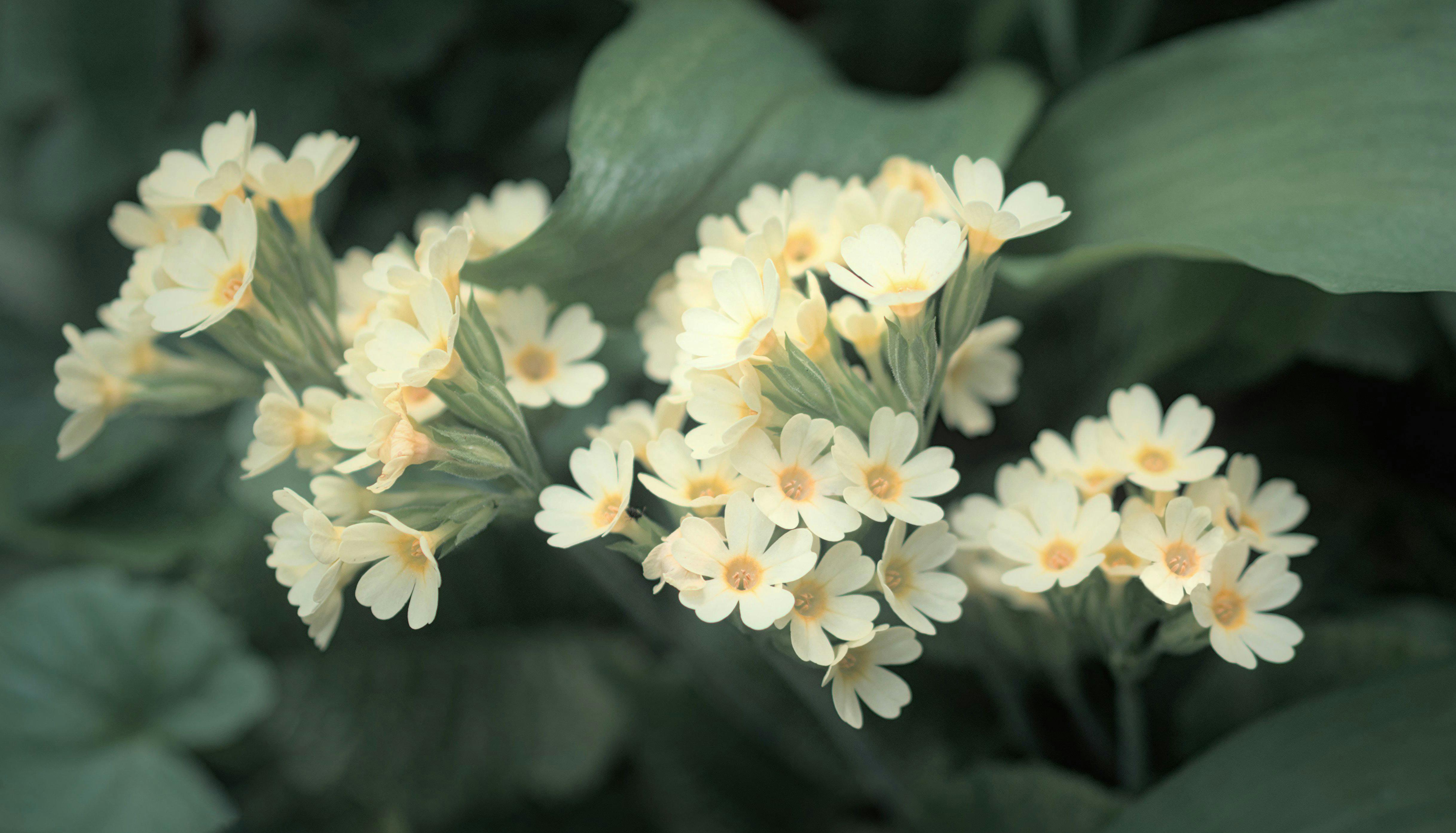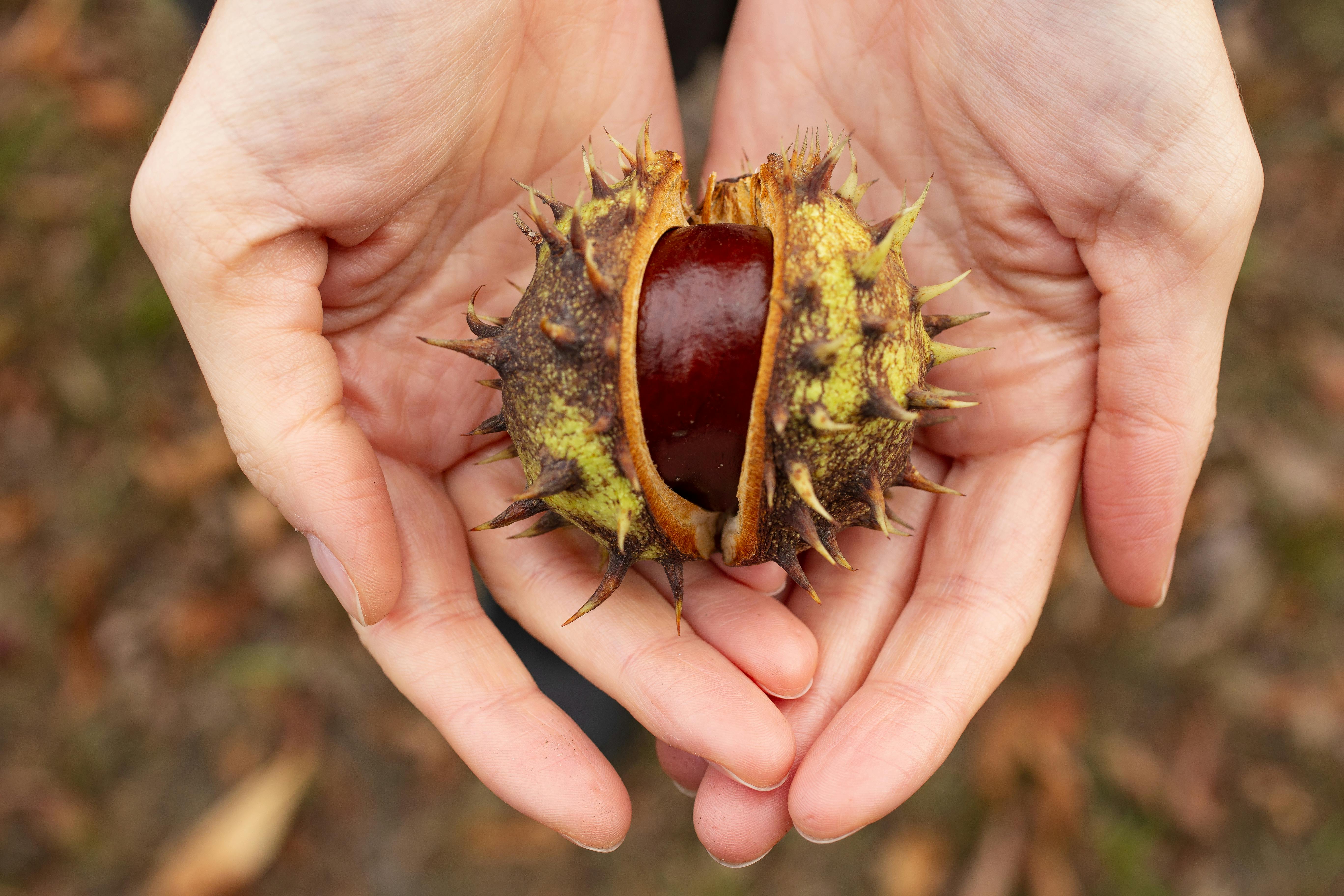Mr. Gardener: Your Guide to Thriving Gardens
Understanding the Role of Mr. Gardener
Mr. Gardener is an essential figure in the world of horticulture, embodying the expertise, passion, and dedication that are required to create and maintain a flourishing garden. As a gardener, he not only plants and cultivates various plants but also educates others on gardening best practices, environmental sustainability, and the joys of nurturing green spaces. Gardening is not just about aesthetics; it’s also about fostering a deeper connection with nature and enjoying the therapeutic benefits that come with it. By embracing the knowledge and skills of Mr. Gardener, anyone can transform their outdoor space into a vibrant sanctuary.
The Philosophy Behind Mr. Gardener
The philosophy of Mr. Gardener revolves around organic practices and embracing biodiversity. He advocates for a gardening approach that respects the natural ecosystem, focusing on methods that replenish the soil and contribute to the environment’s health. This philosophy is reflected in the use of compost, natural pest deterrents, and companion planting strategies. Mr. Gardener believes that a thriving garden is one that works in harmony with nature, requiring minimal intervention and fostering a resilient landscape. For example, planting certain herbs alongside vegetables can naturally repel pests, reduce the need for chemical interventions, and bolster plant growth.
Tips for Aspiring Gardeners
For individuals looking to embark on their gardening journey, Mr. Gardener emphasizes the importance of starting small. Beginners can begin by selecting a few easy-to-care-for plants, such as herbs or annual flowers, which require less maintenance and help build confidence. Furthermore, understanding the specific conditions of your garden—such as sunlight, soil type, and moisture levels—can significantly affect plant success. Mr. Gardener recommends keeping a garden journal to track growth patterns and seasonal changes, allowing for informed decisions in future planting endeavors. By learning the basics and observing how nature responds, you can cultivate a thriving garden over time.

Essential Skills and Techniques of Mr. Gardener
Mr. Gardener is well-versed in a variety of horticultural skills and techniques that contribute to the overall success of gardening efforts. Mastering these skills can make a world of difference when it comes to producing healthy plants and beautiful landscapes. Among these skills, soil preparation, plant selection, and pruning are fundamental. Understanding how to assess and amend soil conditions with organic fertilizers enhances nutrient availability, creating a healthier base for planting. Choosing the right plants that complement each other can lead to a more vibrant and successful garden.
Soil Preparation Techniques
Soil preparation is crucial in ensuring that plants have the nutrients required for growth. Mr. Gardener encourages using natural amendments such as well-rotted compost, which enhances soil structure and nutrient content. Techniques like double digging can improve aeration in compacted soil. It’s essential to test soil health regularly, as this guides modifications needed for optimal growth. If your soil’s pH level is too high or too low, adding lime or sulfur can adjust this, allowing for improved plant uptake of nutrients.

Effective Pruning Practices
Pruning is another critical technique in Mr. Gardener’s toolbox, preventing diseases and promoting luxuriant growth among plants. Correct pruning during the appropriate season helps manage plant size and encourages blooming. For instance, pruning flowering shrubs just after they bloom ensures that they are sculpted without sacrificing next year’s flowers. Additionally, removing dead or diseased branches promotes better air circulation and light penetration, which are vital for healthy plant growth. Mr. Gardener often shares the principle of “prune to improve,” illustrating that thoughtful cuts can lead to more productive plants.
The Benefits of Engaging with Mr. Gardener
Engaging with the philosophies and practices of Mr. Gardener goes beyond just creating beautiful landscapes; it nurtures a sense of community, sustainability, and wellness. Gardens serve as important ecosystems that provide habitat for various species, aid in pollination, and contribute to urban biodiversity. Following Mr. Gardener’s techniques helps to promote this symbiosis while also providing fresh produce and aesthetically pleasing environments.
Fostering Community Through Gardening
Community gardening projects often spring from Mr. Gardener’s ideals, bringing neighbors together to cultivate shared spaces. These projects teach valuable skills, foster relationships, and can result in abundant harvests that all members can enjoy. By pooling resources and knowledge, participants enhance their gardening capabilities and create spaces that are beneficial for local wildlife. Additionally, community gardens often serve as educational spots, where workshops on sustainable practices can be conducted, further spreading knowledge beyond individual plots.
Health and Wellness Benefits
Gardening activities intrinsically promote health and well-being, as advocated by Mr. Gardener. Engaging with the soil, planting seeds, and caring for plants can alleviate stress and increase physical activity levels. Studies show that spending time in green spaces improves mental health and can lead to increased happiness. Moreover, growing your food can lead to healthier eating habits while reducing food waste. Gardening as a practice encourages individuals to connect with their food sources and gain a greater appreciation for nature.
Key Takeaways
In summary, Mr. Gardener embodies the spirit of successful gardening through his philosophies, strategies, and emphasis on community. His teachings offer invaluable insights into soil preparation, pruning techniques, and the importance of sustainability. Here are a few key takeaways:
- Start small and observe to build confidence in gardening.
- Regular soil testing and amendments lead to healthier plants.
- Pruning promotes vigorous growth and prevents diseases.
- Community gardens foster relationships and educational opportunities.
- Engaging with gardening enhances mental well-being and promotes a healthier lifestyle.
FAQ
1. What is the best way to start a garden as a beginner?
Starting a garden as a beginner can be both exciting and daunting. Mr. Gardener suggests beginning with easy-to-grow plants such as herbs, which require minimal maintenance. Make sure to assess your garden’s sunlight, soil type, and water availability. Using good quality soil and compost will set a strong foundation for growth. Keeping it small allows you to gradually learn the art of gardening without feeling overwhelmed.
2. How often should I prune my plants?
The frequency of pruning depends on the type of plants you are cultivating. For most flowering shrubs, early spring is the best time to prune. However, for fruit-bearing plants, pruning should be done after the harvest. Regularly assessing plant health is crucial, as Mr. Gardener recommends removing dead or diseased branches whenever necessary to maintain vigor and promote growth.
3. What role does compost play in gardening?
Compost is essential in gardening because it provides a rich source of nutrients for plants, improving soil structure and fostering beneficial microbial activity. Mr. Gardener emphasizes creating your compost from kitchen scraps and yard waste to recycle nutrients back into your garden. Using it regularly can boost plant health, yield, and resilience against diseases.
4. How can I attract beneficial insects to my garden?
Attracting beneficial insects is vital for pest control and pollination. Mr. Gardener suggests planting native flowers and herbs that provide nectar and pollen. Additionally, creating habitats such as beetle banks or insect hotels can encourage diverse insect populations. Limiting pesticide use also helps maintain a healthy ecosystem where beneficial insects can thrive.
5. Why is it important to consider biodiversity in gardening?
Biodiversity in gardening is crucial as it leads to more resilient ecosystems capable of thriving amidst challenges. Mr. Gardener highlights the importance of planting various species which can attract beneficial wildlife and reduce the risks of pests and diseases. Diverse plantings create a balanced ecosystem that supports both plant and animal life, benefiting the overall health of your garden.
